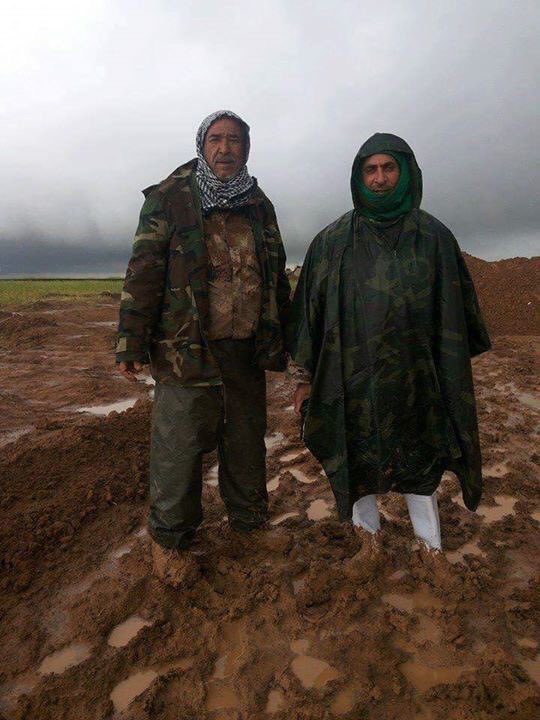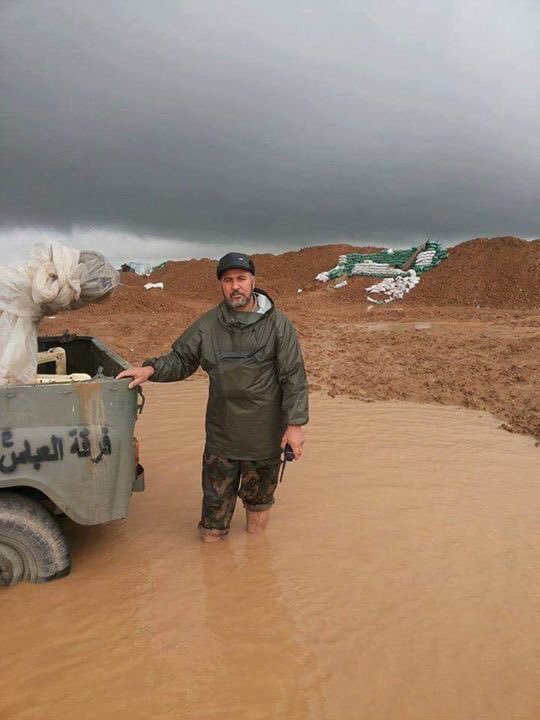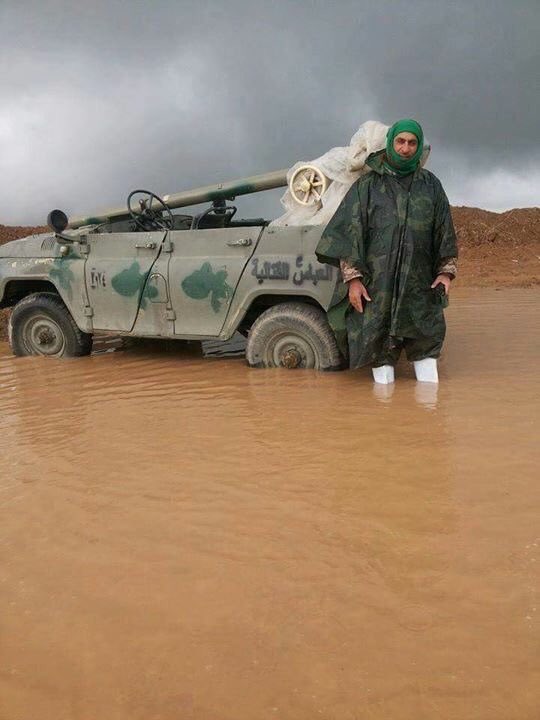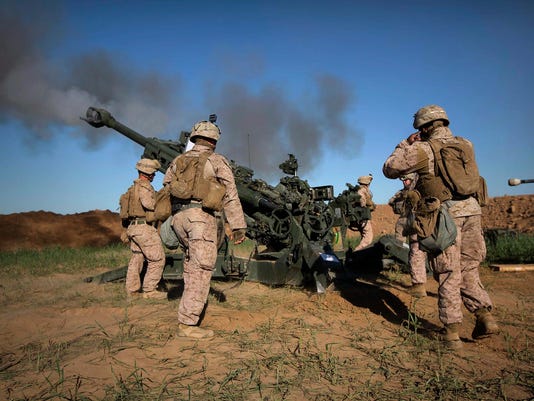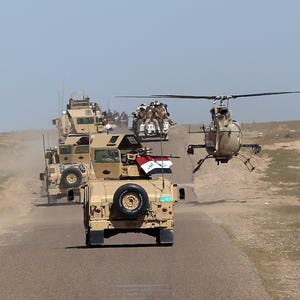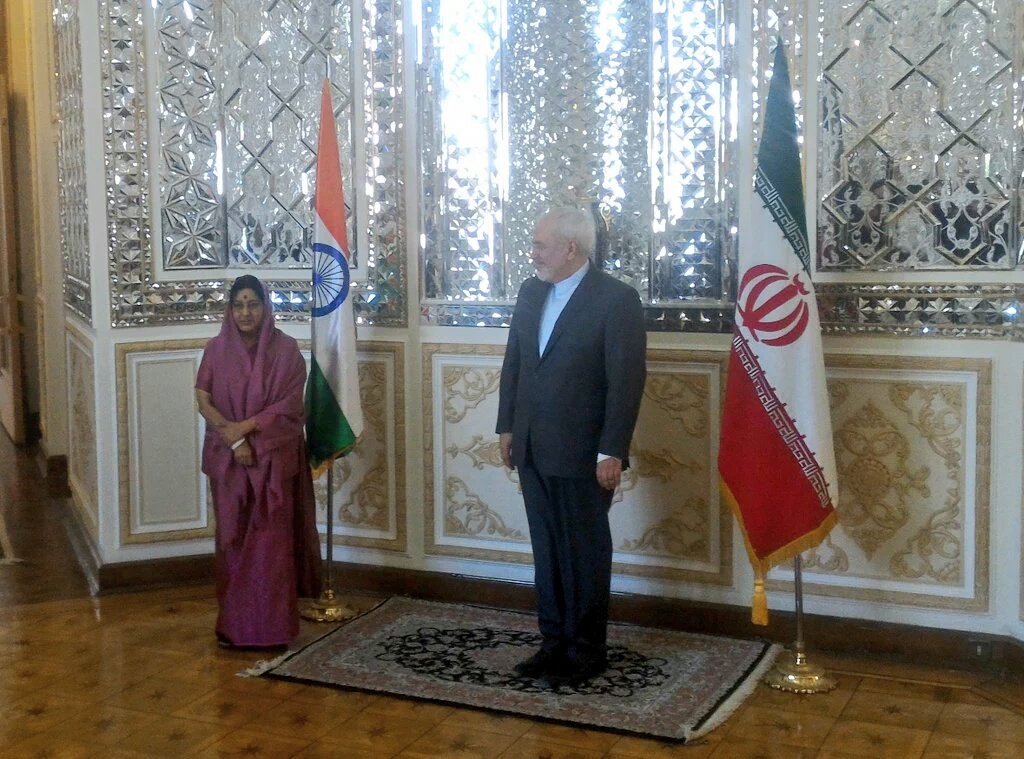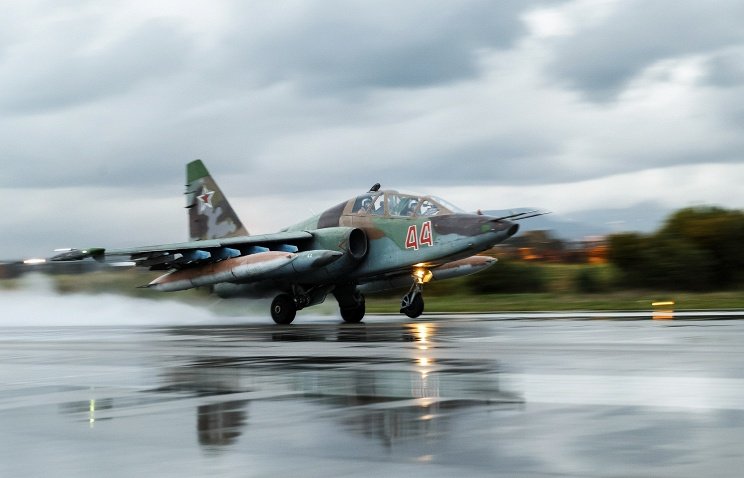For links see article source.....
Posted for fair use.....
http://www.reuters.com/article/us-mideast-crisis-usa-islamic-state-insi-idUSKCN0X909A
World | Tue Apr 12, 2016 1:28am EDT
Related: World, United Nations, Iraq
As Islamic State is pushed back in Iraq, worries about what's next
WASHINGTON | By Jonathan Landay, Warren Strobel and Phil Stewart
As U.S.-led offensives drive back Islamic State in Iraq, concern is growing among U.S. and U.N. officials that efforts to stabilize liberated areas are lagging, creating conditions that could help the militants endure as an underground network.
One major worry: not enough money is being committed to rebuild the devastated provincial capital of Ramadi and other towns, let alone Islamic State-held Mosul, the ultimate target in Iraq of the U.S.-led campaign.
Lise Grande, the No. 2 U.N. official in Iraq, told Reuters that the United Nations is urgently seeking $400 million from Washington and its allies for a new fund to bolster reconstruction in cities like Ramadi, which suffered vast damage when U.S.-backed Iraqi forces recaptured it in December.
"We worry that if we don't move in this direction, and move quickly, the progress being made against ISIL may be undermined or lost," Grande said, using an acronym for Islamic State.
Adding to the difficulty of stabilizing freed areas are Iraq's unrelenting political infighting, corruption, a growing fiscal crisis and the Shiite Muslim-led government's fitful efforts to reconcile with aggrieved minority Sunnis, the bedrock of Islamic State support.
Some senior U.S. military officers share the concern that post-conflict reconstruction plans are lagging behind their battlefield efforts, officials said.
"We're not going to bomb our way out of this problem," one U.S. official said, speaking on condition of anonymity.
(Graphic showing Islamic State's territorial control: tmsnrt.rs/23aQU31)
Islamic State is far from defeated. The group still controls much of its border-spanning "caliphate," inspires eight global affiliates and is able to orchestrate deadly external attacks like those that killed 32 people in Brussels on March 22.
But at its core in Iraq and Syria, Islamic State appears to be in slow retreat. Defense analysis firm IHS Janes estimates the group lost 22 percent of its territory over the last 15 months.
Washington has spent vastly more on the war than on reconstruction. The military campaign cost $6.5 billion from 2014 through Feb. 29, according to the Pentagon.
The United States has contributed $15 million to stabilization efforts, donated $5 million to help clear explosives in Ramadi and provided "substantial direct budget support" to Iraq's government, said Emily Horne, a National Security Council spokeswoman.
Secretary of State John Kerry acknowledged the need for more reconstruction aid while in Baghdad last week.
"As more territory is liberated from Daesh, the international community has to step up its support for the safe and voluntary return of civilians to their homes," Kerry said, using an Arabic acronym for Islamic State.
Kerry, who announced $155 million in additional U.S. aid for displaced Iraqis, said U.S. President Barack Obama planned to raise the issue at a summit of Gulf Arab leaders on April 21.
"PILE OF RUBBLE"
Ramadi's main hospital, train station, nearly 2,000 homes, 64 bridges and much of the electricity grid were destroyed in fighting, a preliminary U.N. survey found last month. Thousands of other buildings were damaged.
Some 3,000 families recently returned to parts of the city cleared of mines, according to the governor, Hameed Dulaymi, but conditions are tough. Power comes from generators. Water is pumped from the Euphrates River. A few shops are open, but only for a couple of hours a day.
Ahmed Saleh, a 56-year-old father of three children, said he returned to find his home a "pile of rubble," which cannot be rebuilt until the government provides the money. With no indication of when that might happen, authorities have resettled his family in another house whose owner is believed unlikely to return before this summer.
Saleh earns less than $15 a day cleaning and repairing other people's homes. There are no schools open for his children, and he lacks funds to return to a camp for internally displaced outside Baghdad where he says life was better.
Obama administration officials say they have been working to help stabilize Iraq politically and economically since the military campaign against Islamic State began in 2014.
"The success of the campaign against ISIL in Iraq does depend upon political and economic progress as well," Defense Secretary Ash Carter said on Monday. "Economically it's important that the destruction that's occurred be repaired and we're looking to help the Iraqis with that."
Asked about the upcoming $400 million U.N. request, Horne said the United States welcomed the new fund's establishment and "will continue to lead international efforts to fund stabilization operations." The United States hasn't yet announced what it will contribute.
U.S. officials said Washington is also pushing for an International Monetary Fund arrangement that the head of the fund's Iraq mission has said could unlock up to $15 billion in international financing. Baghdad has a $20 billion budget deficit caused by depressed oil prices.
Washington has helped train 15,000 Sunni fighters who are now part of the Iraqi government's security forces.
But there has been little movement on political reforms to reconcile minority Sunnis, whose repression under former prime minister Nuri al-Maliki's Shiite-led government led thousands to join Islamic State.
Unless that happens, and Sunnis see that Baghdad is trying to help them return home to rebuild, support for the militants will persist, experts said.
"If you don't get reconciliation, the Sunnis will turn back to ISIS," said former CIA and White House official Kenneth Pollack, who is now at the Brookings Institution think tank and conducted a fact-finding mission in Iraq last month.
"It's just inevitable."
The United States has prevailed militarily in Iraq before, only to see the fruits of the effort evaporate.
President George W. Bush invaded Iraq in 2003, deposed dictator Saddam Hussein and disbanded his army without a comprehensive plan for post-war stability. Civil war ensued.
REBUILDING GETS HARDER
International funding to rebuild towns and cities ravaged by Islamic State has always been tight, said Grande, deputy special representative of the UN Assistance Mission for Iraq.
"This meant we had to come up with a model that could be implemented quickly and at extremely low cost," she said.
International donors contributed $100 million to an initial fund to jump-start local economies, restoring power and water and reopening shops and schools.
The model worked in Tikrit, the first major city reclaimed from Islamic State in March 2015, Grande said. After initial delays, most residents returned, utilities are on and the university is open. Total spending was $8.3 million.
But Ramadi, a city of some 500,000 people before the recent fighting, poses a much greater challenge.
"Much of the destruction that's happening in areas that are being liberated ... far outstrips our original assumptions," Grande said.
Restoring normality to Mosul, home to about 2 million people before it fell to Islamic State, could prove even more difficult.
It remains to be seen whether Islamic State digs in, forcing a ruinous battle, or faces an internal uprising that forces the militants to flee, sparing the city massive devastation.
If Islamic State is defeated militarily, it likely will revert to the guerrilla tactics of its predecessor, al Qaeda in Iraq (AQI), current and former officials said.
AQI and its leaders, including Islamic State chief Abu Bakr al-Baghdadi, "survived inside Iraq underground for years and there’s no reason they couldn’t do it again," a U.S. defense official said.
(Additional reporting by David Rohde, Lou Charbonneau and John Walcott. Editing by Stuart Grudgings.)

